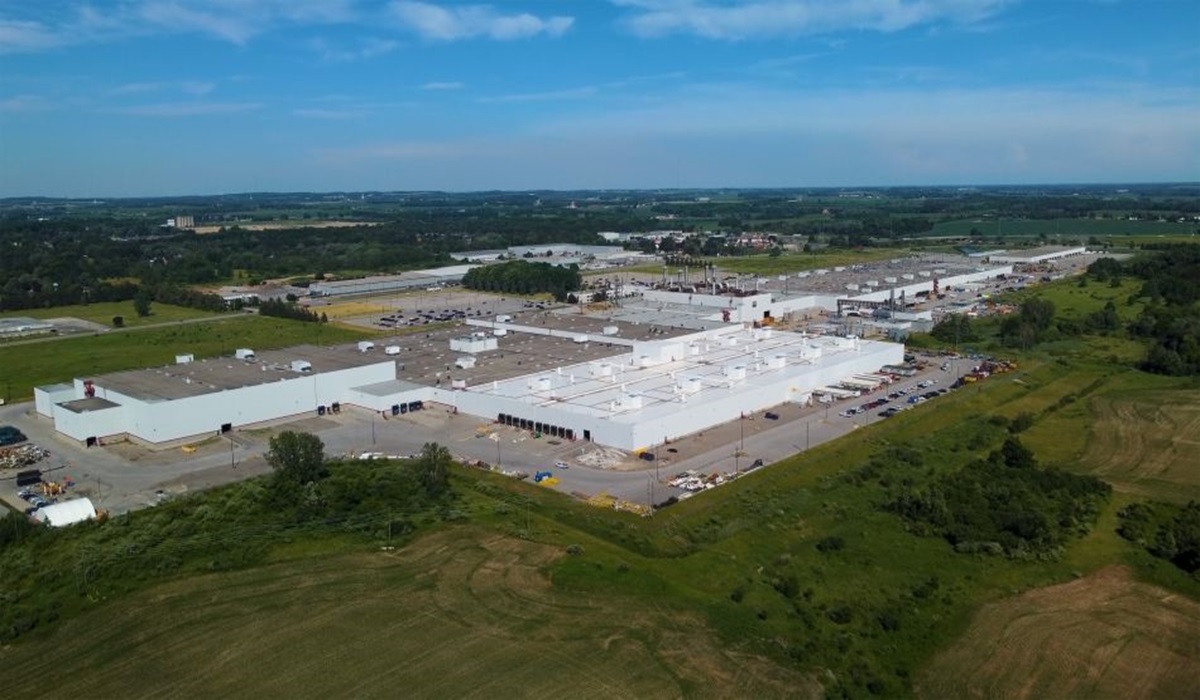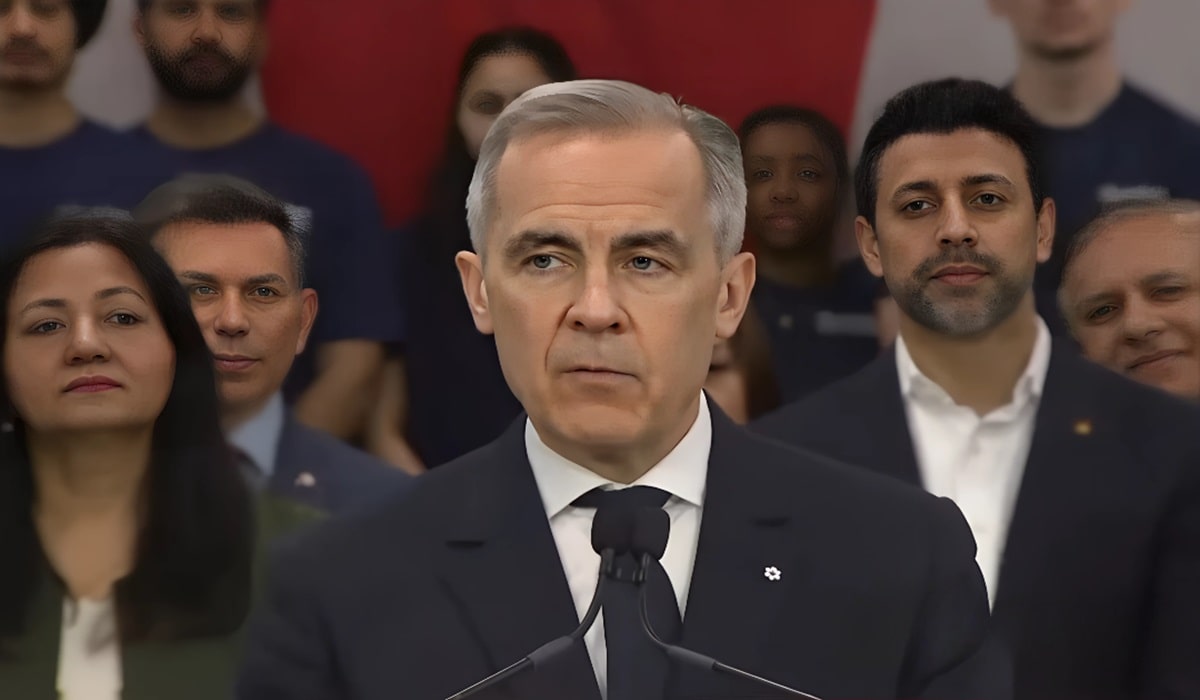Image Credit, Unifor
Ingersoll, ON – April 11, 2025 — Another grim chapter in Canada’s auto sector is unfolding in Ingersoll, Ontario, where General Motors’ CAMI Assembly plant is set to lay off 500 workers beginning April 14. The move comes as the latest wave of economic fallout from President Donald Trump’s aggressive tariff regime rocks the Canadian manufacturing base. While the plant employs over 1,200 workers, Unifor says the impact of this immediate layoff will ripple far beyond the factory floor.
“This is a crushing blow to hundreds of working families in Ingersoll and the surrounding region who depend on this plant,” said Unifor National President Lana Payne in a stark rebuke of both corporate and governmental inertia. “General Motors must do everything in its power to mitigate job loss during this downturn, and all levels of government must step up to support Canadian auto workers and Canadian-made products.”
Production is expected to resume in May, though only at a limited capacity. The temporary halt is being blamed directly on declining U.S. demand caused by retaliatory tariffs on Canadian vehicles and parts, which have made Canadian exports more expensive and less competitive south of the border. The layoffs are not just a localized tragedy—they’re a national alarm bell about the vulnerability of Canada’s manufacturing sector to American economic aggression.
Unifor Local 88 Plant Chairperson Mike Van Boekel was reportedly briefed early this morning on the scope of the layoffs, which will hit unionized line workers the hardest. Kathleen O’Keefe, National Communications Director, echoed the union’s concern, saying, “I am incredibly saddened by the layoffs at the GM CAMI Assembly plant in Ingersoll. This morning, I spoke with Unifor Local 88 GM Plant Chairperson Mike Van Boekel and expressed my commitment to protect Canadian auto workers.”
Opposition Leader Pierre Poilievre wasted no time in turning the news into a rallying cry against Trump’s trade policies and what he called a lack of action from the federal government. “President Trump is betraying America’s closest friend and attacking our economy,” Poilievre said. “We must strengthen our economy and end our reliance on the United States.”
Poilievre outlined a multi-pronged Conservative response, including axing the GST on Canadian-made vehicles, creating the Keep Canadians Working Fund to offer temporary liquidity to struggling manufacturers, and prioritizing a new trade deal that eliminates auto tariffs. “We will keep them working, so they can keep their jobs as we fight through this mess,” he said, adding that his government would push hard for a fair and expedited trade deal with the U.S.
He also made a point to reassure not only Ingersoll but every Canadian town with an auto plant. “Conservatives will be there for the auto workers in Ingersoll, Oshawa, Cambridge, Brampton, Windsor, Essex, St. Catharines, Oakville, Alliston, and Woodstock,” Poilievre declared.
The Carney government has yet to provide a solid framework for Trump’s tariffs, but internal sources suggest consultations with GM Canada and Unifor are underway. While some emergency support measures were introduced in prior trade conflicts, the question remains whether they will be enough—or arrive fast enough—to blunt the pain of this latest blow.
As the U.S. and Canadian economies grow increasingly decoupled, there’s an urgent need for strategic recalibration. Auto workers in Ingersoll aren’t just losing paychecks—they’re losing faith in the idea that Canada’s industrial base can survive without a trade relationship based on mutual respect.
One thing is clear: these aren’t just layoffs. They’re a warning. If Canada doesn’t chart a new course, more communities will follow Ingersoll’s lead—not by choice, but by force of economic neglect and political posturing.









